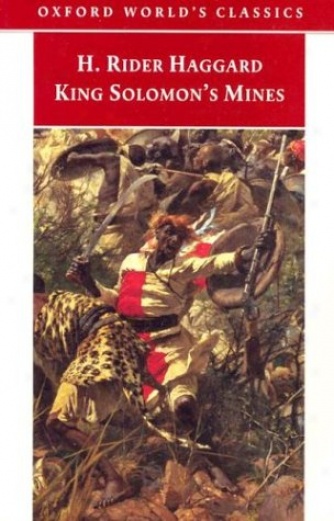 How do you share the Gospel with Muslisms? You share the Gospel with Muslims.
How do you share the Gospel with Muslisms? You share the Gospel with Muslims.
This isn't a book about new methods and tricks you can use to convert Muslims with. It is a book written by a former Muslim who has been transformed by the power of the Gospel of Jesus Christ and now has a passion to share that Gospel with those still in Islam's grip.
Anyabwile's theme for the book is clearly seen in it's subtitle: "an Encouragement to Share Christ with Confidence". He debunks the popular belief amongst believers that, "somehow Muslims require a different gospel or a special technique, that Muslims are somehow impervious to the Gospel in a way that other sinners are not." (p.13)
The first portion of the book is focused on the Gospel itself. Anyabwile encourages the reader to trust in the power of the Gospel by sharing personal stories where he has seen the truth and love of Christ pierce the hearts of muslims. He also affirms the importance of doctrinal clarity in evangelism. He shows the importance of defining terms like sin, repentance, and faith Biblically for those terms signify something drastically different to a Muslim. While acknowledging that there is some theological common ground between Muslims and Christians (they recognize they are in a creature/creator relationship with god and that all mankind will have to one day give an account to that god) he also shows the importance of highlighting not the similarities between Christianity and Islam, but the radical differences. Using uniquely Biblical phrases like, "born again,' 'united to Christ,' and 'a new creation' communicate the very real differences between an Islamic and Christian understanding of conversion." I found this first section to be a great ecouragement and exhortation to trust in the power of the Gospel to save and transform.
In the second half of the book Anyabwile illustrates how life patterns that should be normative for disciples of Christ - gracious and intentional hospitality, loving and active membership in a local body of Christ followers and joyfully suffering for the sake of the Gospel - are the best background music for sharing the beautiful Song of the Good News of Jesus with Muslims.
I have seen God already use this short book to strengthen my resolve to live a Gospel centered life and ministry. I have had the undeserved joy of sharing the Gospel with Muslims before and pray that I have the opportunity to do so in the future, in fact it is my wife and my prayer that we spend the rest of our life doing so. If that opportunity does come, I know that I will be thankful for this book.

 This book, written in 1885, is dedicated by the fictional narrator, Allan Quartermain, "to all the big and little boys who read it".
This book, written in 1885, is dedicated by the fictional narrator, Allan Quartermain, "to all the big and little boys who read it". Lord willing, this will be the first of many parenting books that I post about as we are expecting our first child this July.
Lord willing, this will be the first of many parenting books that I post about as we are expecting our first child this July.
 While every teacher (in school and out) has some kind of influence on us, most everyone can point to an individual or a handful of teachers that have significantly impacted the way one views the world. Grant Horner is one of those teachers for me.
While every teacher (in school and out) has some kind of influence on us, most everyone can point to an individual or a handful of teachers that have significantly impacted the way one views the world. Grant Horner is one of those teachers for me. This book was recommended by my Lonely Planet China guidebook and I found it in an English bookstore in Beijing so I thought I would give it a try. While I would be hesitant to whole-heartedly recommended this book, due to its somewhat graphic content, I am glad to have read it.
This book was recommended by my Lonely Planet China guidebook and I found it in an English bookstore in Beijing so I thought I would give it a try. While I would be hesitant to whole-heartedly recommended this book, due to its somewhat graphic content, I am glad to have read it.